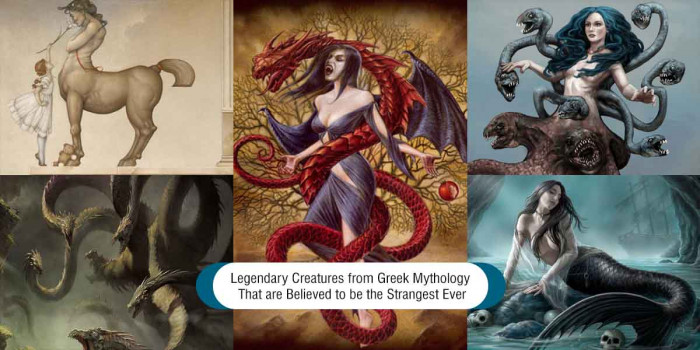17 Mind-Blowing Facts About Dinosaurs That Will Leave You Intrigued
Do you know modern birds resemble dinosaurs because they share a common ancestor with non-avian dinosaurs?
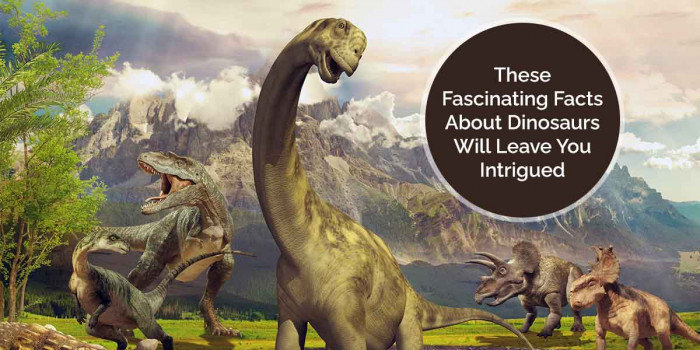
Dinosaurs are the biggest land animals of ancient times. They have surprised everyone with their incredible facts, size, and body shape. They first appeared during the Triassic period over 240 million years ago. However, their origin and timing of evolution is still the subject of research.
The fossil records show that the birds are feathered dinosaurs and have evolved from theropods (a dinosaur that is characterized by hollow bones and three-toed limbs). Dinosaurs are a group of animals from morphological and ecological standpoints.
The first dinosaur fossils were recognized in the 19th century. As of now, over 700 species of dinosaurs have been named. Read a few characteristics of different types of dinosaurs and their facts here.
The term dinosaur, meaning terrible lizard, was introduced by Sir Richard Owen in 1841. Not everyone knows that birds survived the extinction event that happened 66 million years ago, and their offsprings continue the dinosaur lineage until today.
So what do you think- dinosaurs still live today? Let us find incredible facts about dinosaurs, their classification, and other characteristics below.
Classification of Dinosaurs
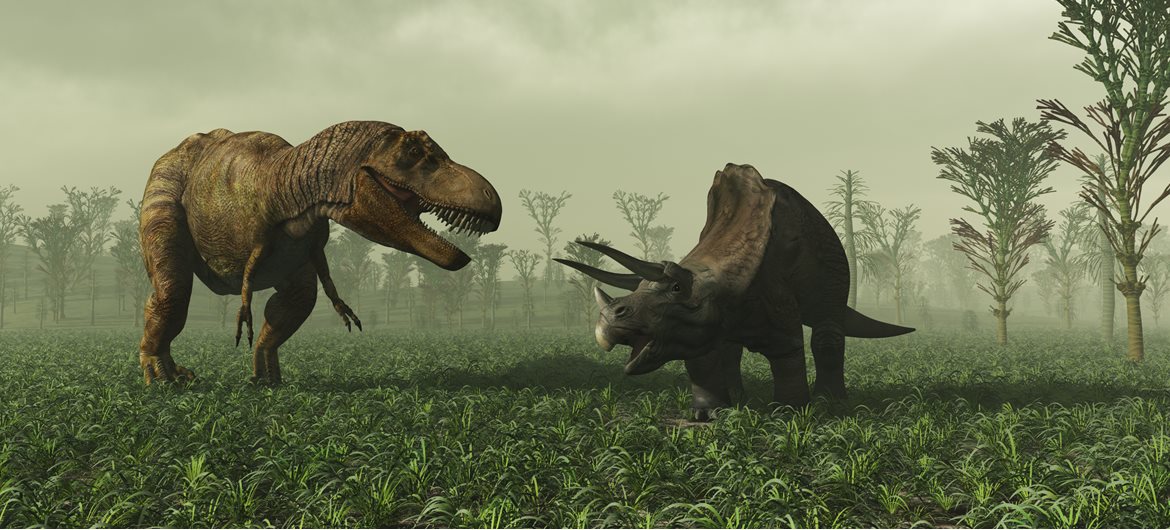
According to studies, dinosaurs belong to a group known as archosaurs, which includes modern crocodilians. Dinosaurs as a clade are divided into two branches: Saurischia and Ornithischia.
Saurischia includes those species sharing a common ancestor with birds. Ornithischia includes those sharing a common ancestor with Triceratops than with Saurischia.
Facts About Dinosaurs That You Might Not Know
1. They Were Not the First Animals to Rule the Earth
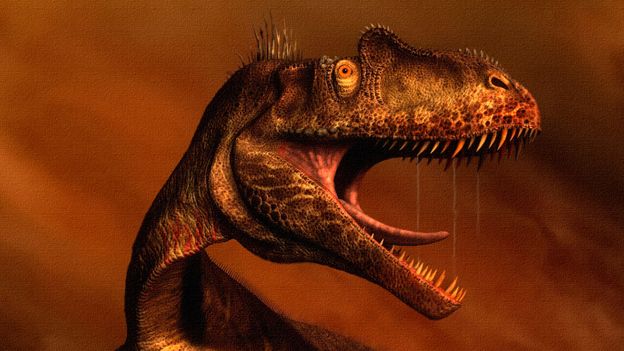
The dinosaurs evolved during the middle to late Triassic period in the subcontinent of Pangea. Before that, the dominant reptiles were archosaurs, pelycosaurs, and therapsids.
For 20 million years after dinosaurs evolved, the most terrible animals on earth were prehistoric crocodiles. It was 200 million years ago when the dinosaurs began to dominate over other animals. Here are other prehistoric animals that could leave you terrified.
2. The Dinosaur Kingdom Includes Two Main Branches
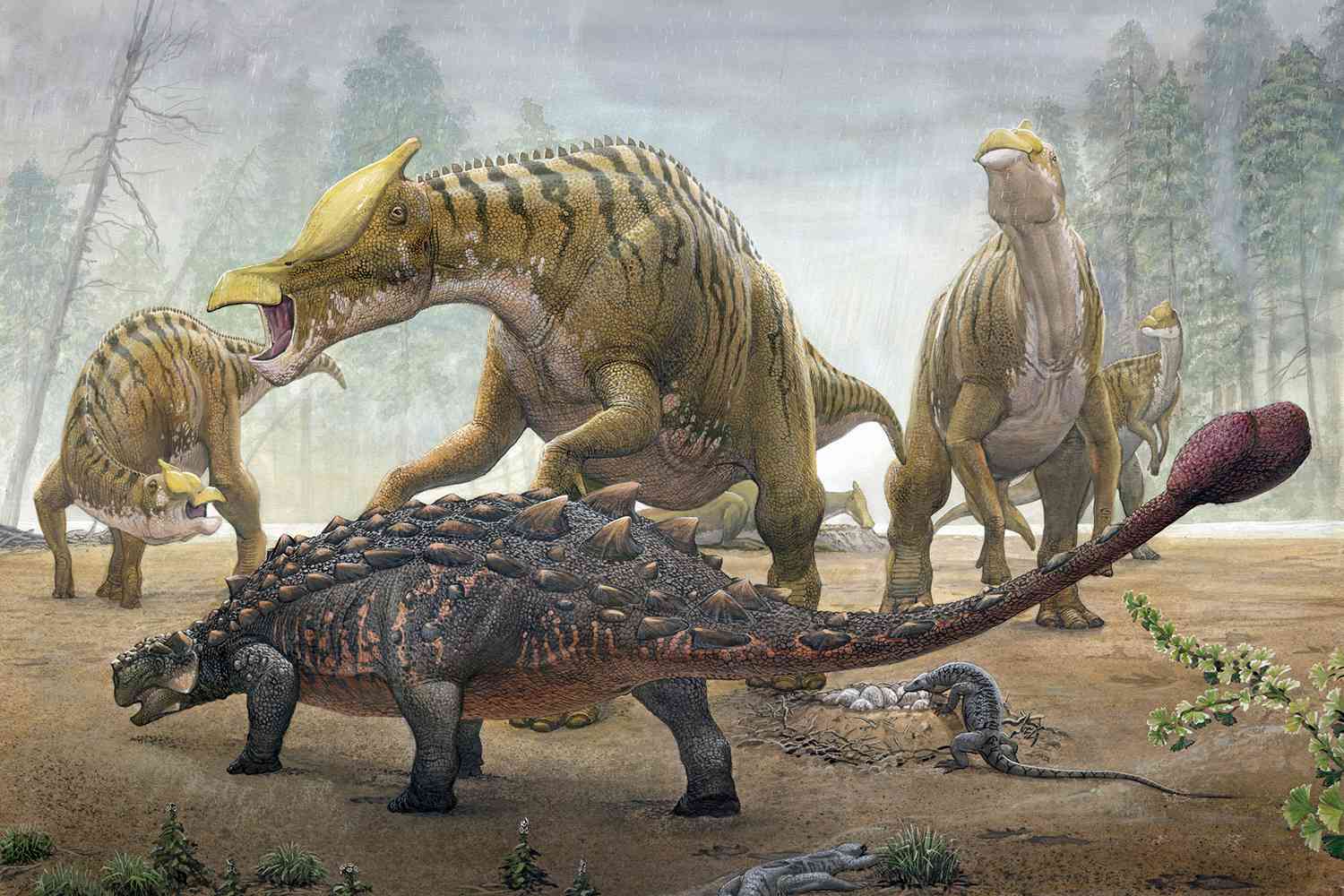
It is common to divide dinosaurs into two categories: herbivores and meat-eaters. But paleontologists differentiate dinosaurs as lizard-hipped and bird-hipped.
Lizard-hipped or saurischian dinosaurs include herbivores and carnivores dinosaurs, whereas bird-hipped or ornithischians include plant-eating dinosaurs like ornithopods, hadrosaurs, and other dinosaurs.
3. Titanosaur is the Biggest Dinosaur Found
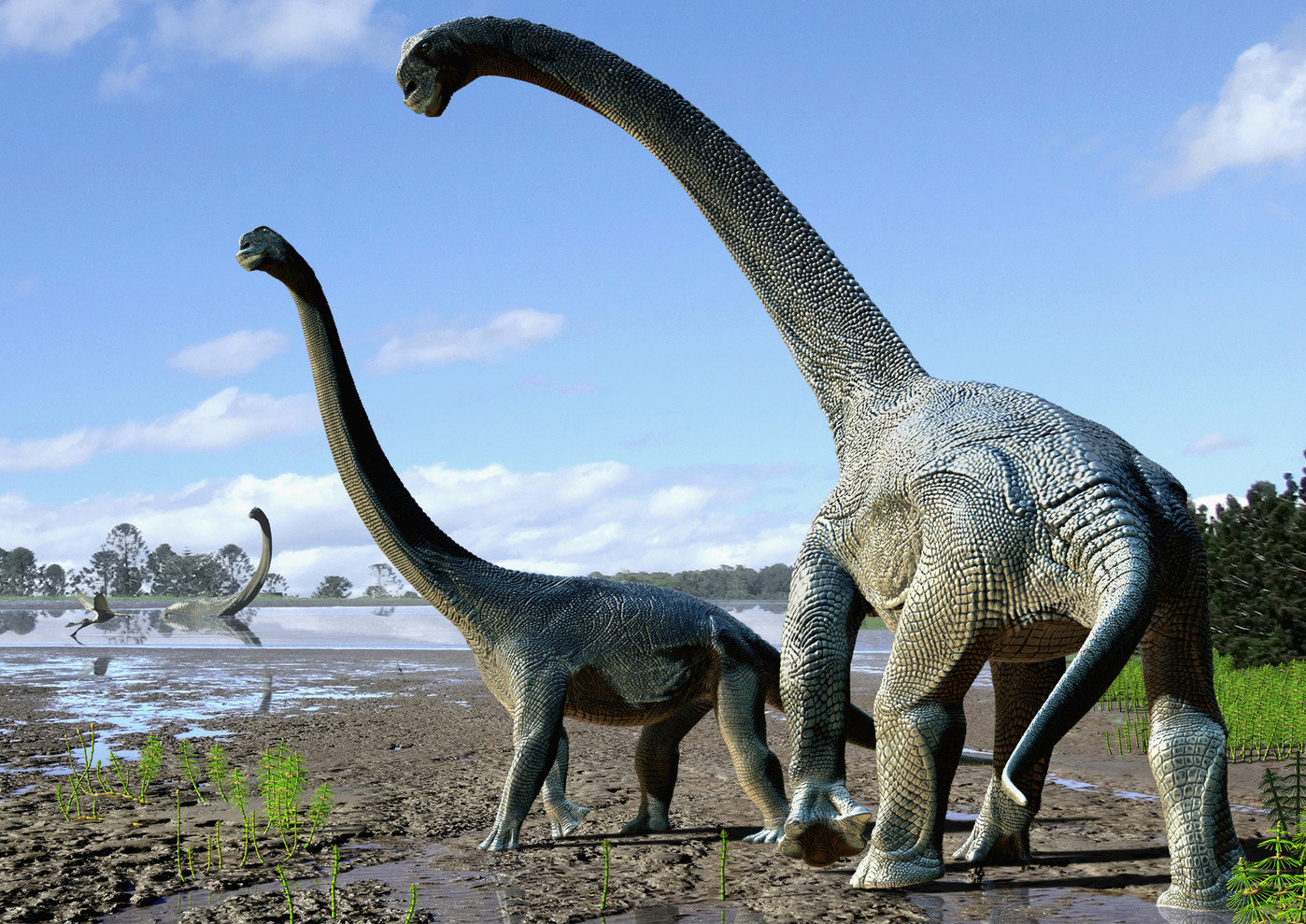
They are a group of sauropod dinosaurs and lived 65 million years ago. It is believed that these dinosaurs were the last dinosaurs to remain on earth before extinction. They were the last surviving group of long-necked dinosaurs and comprised a few largest land animals to have ever existed, like Patagotitan.
They weigh 60-80 tonnes and are nearly 120 ft long. The name Titanosaur means titanic lizard due to its large size.
They had a wide chest, slim pelvis, and whip-like tail. Also, they had a flexible spine than other dinosaurs and were more agile than other species. They had a huge body but laid small eggs. They laid eggs in the nest on the ground and were covered with a layer of vegetation and dirt on the surface.
4. Some Dinosaurs Were Dumb
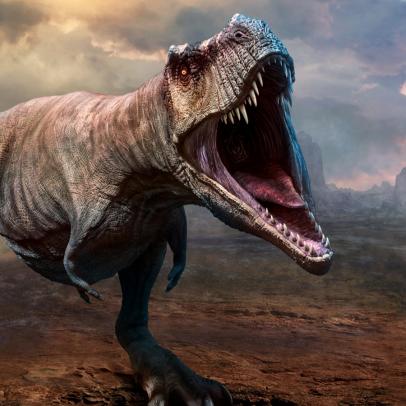
Not all dinosaurs were intelligent like chimpanzees. Some plant-eating dinosaurs had tiny brains in comparison to other animals. Paleontologists consider dinosaurs more intelligent than reptiles but not as smart as their avian descendants. Did you know this incredible fact about dinosaurs?
5. They Didn’t Go Extinct at the Same Time
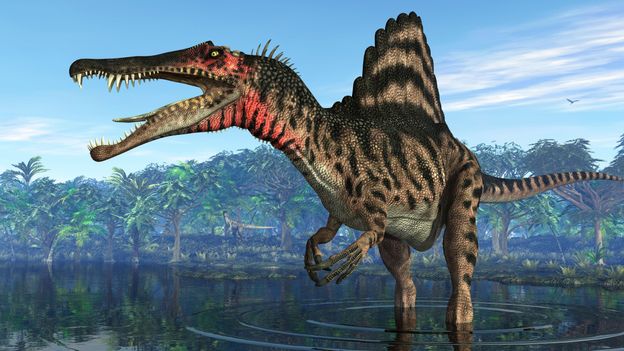
The process of extinction went on for thousands of years. It impacted global temperatures, lack of vegetation, and altered the food chain. Some isolated dinosaurs might have survived longer than their brethren. But surely they are not alive.
Their extinction remains a mystery. But it is believed that geological events, climatic changes, and diseases have played a major role in their extinction.
6. Pterosaurs and Marine Reptile Weren’t Dinosaurs
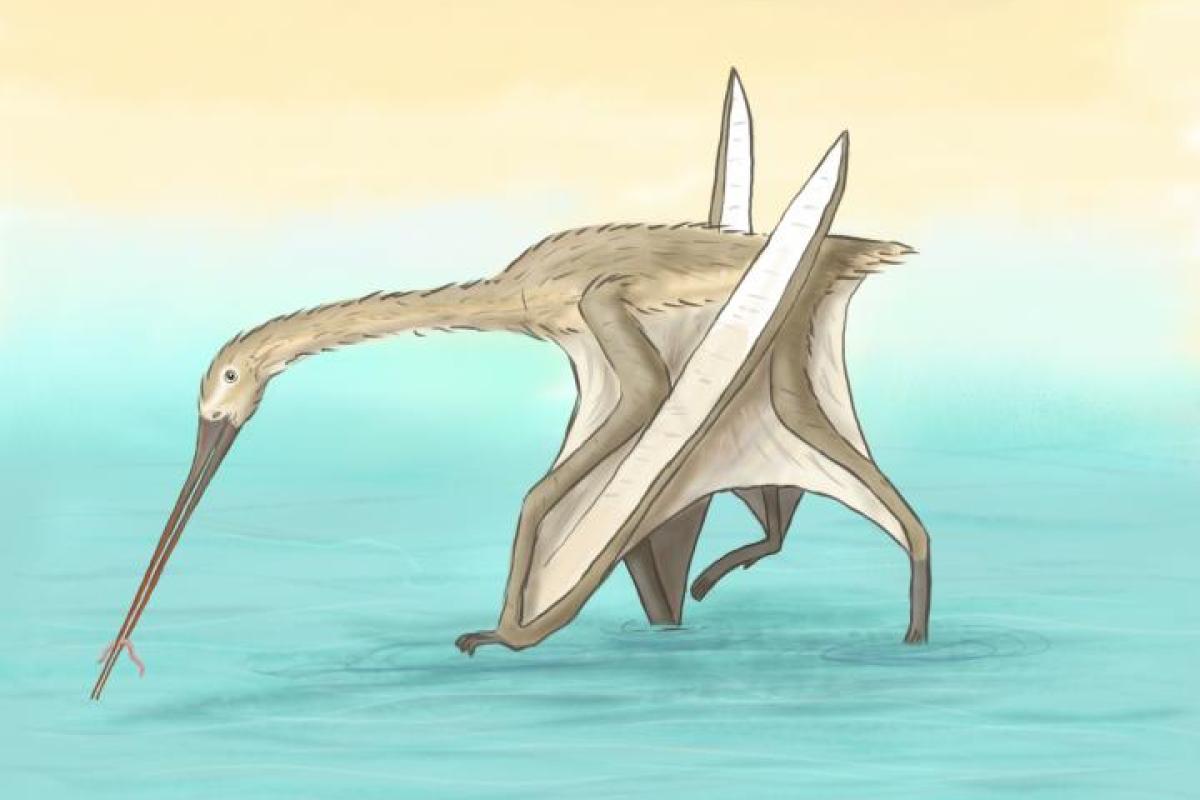
It is not true that the term Dinosaurs applies to land-dwelling animals. The large animals and swimming plesiosaurs weren’t considered dinosaurs at all. Some of them resemble dinosaurs but were distinguished as reptiles. Dimetrodon, considered a dinosaur, was a different kind of reptile and flourished ten million years ago before the dinosaurs evolved.
Pterosaurs were the flying reptiles of the extinct clade and existed during most of the Mesozoic Era. Two major types of Pterosaurs existed - Basal Pterosaurs were smaller animals with long tails, and Pterodactyloids had reduced tails with large heads. Pterosaurs were seen as fish-eaters and were reproduced by eggs.
7. They Lived at the Same Time as Mammals
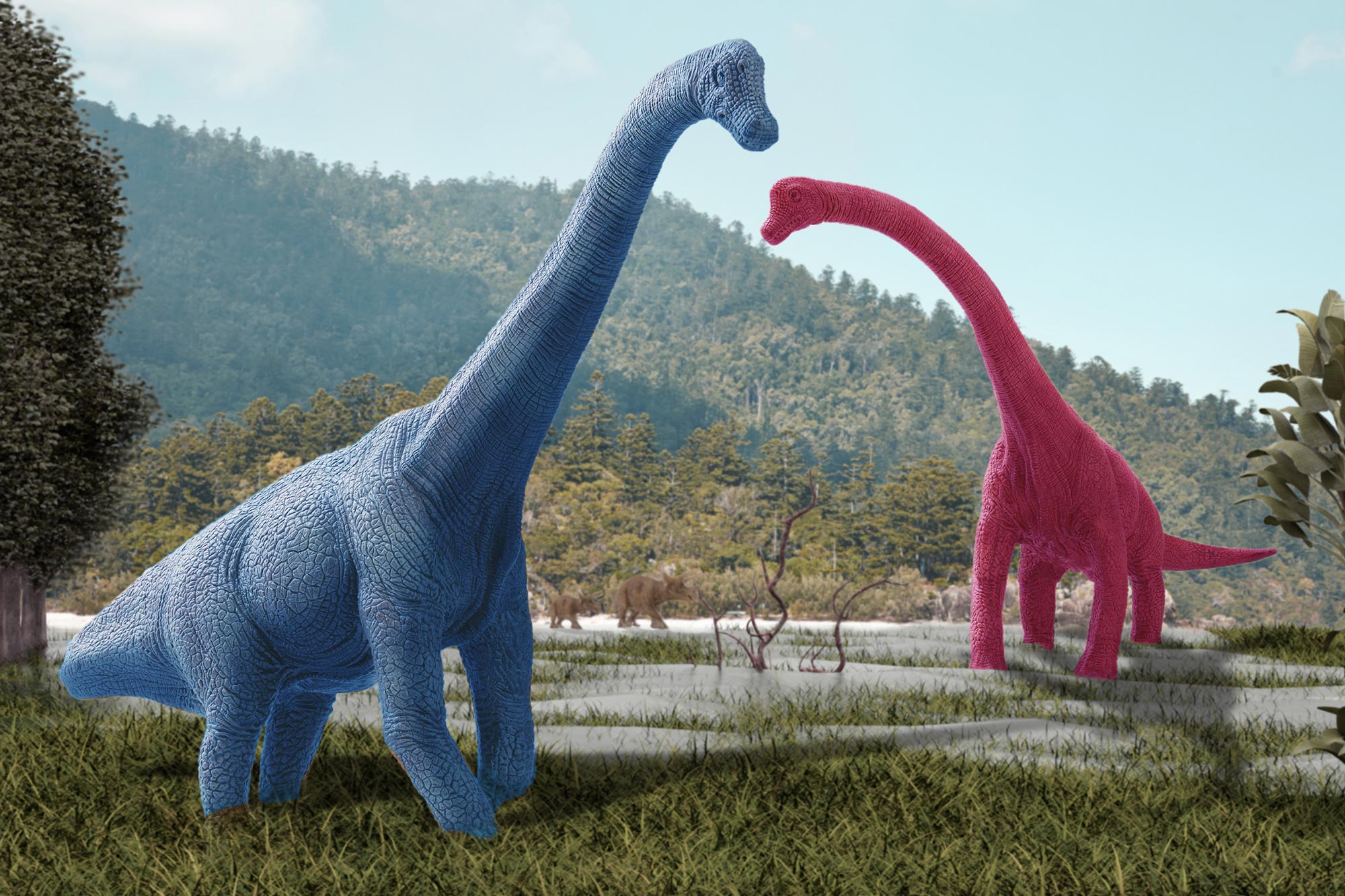
After dinosaurs died, over 65 million years passed before humans showed their presence on earth. However, small mammals were alive at the time of dinosaurs. People who have studied dinosaurs believe that birds are descendants of carnivores dinosaurs. Others find that they represent modern living dinosaurs.
Unfortunately, this theory is still under discussion, and there is not much known about dinosaurs' facts. Dinosaurs were the dominant species during the Mesozoic Era. The evidence suggests that dinosaurs were warm-blooded animals with colorful feathers and sometimes resemble behavior with contemporary birds. However, it was also found that their body was not stable like humans and relied on bones to keep themselves warm. Here are other dinosaur mysteries that are still not solved.
8. Dinosaurs Ruled the Earth, But Plesiosaur Ruled the Sea
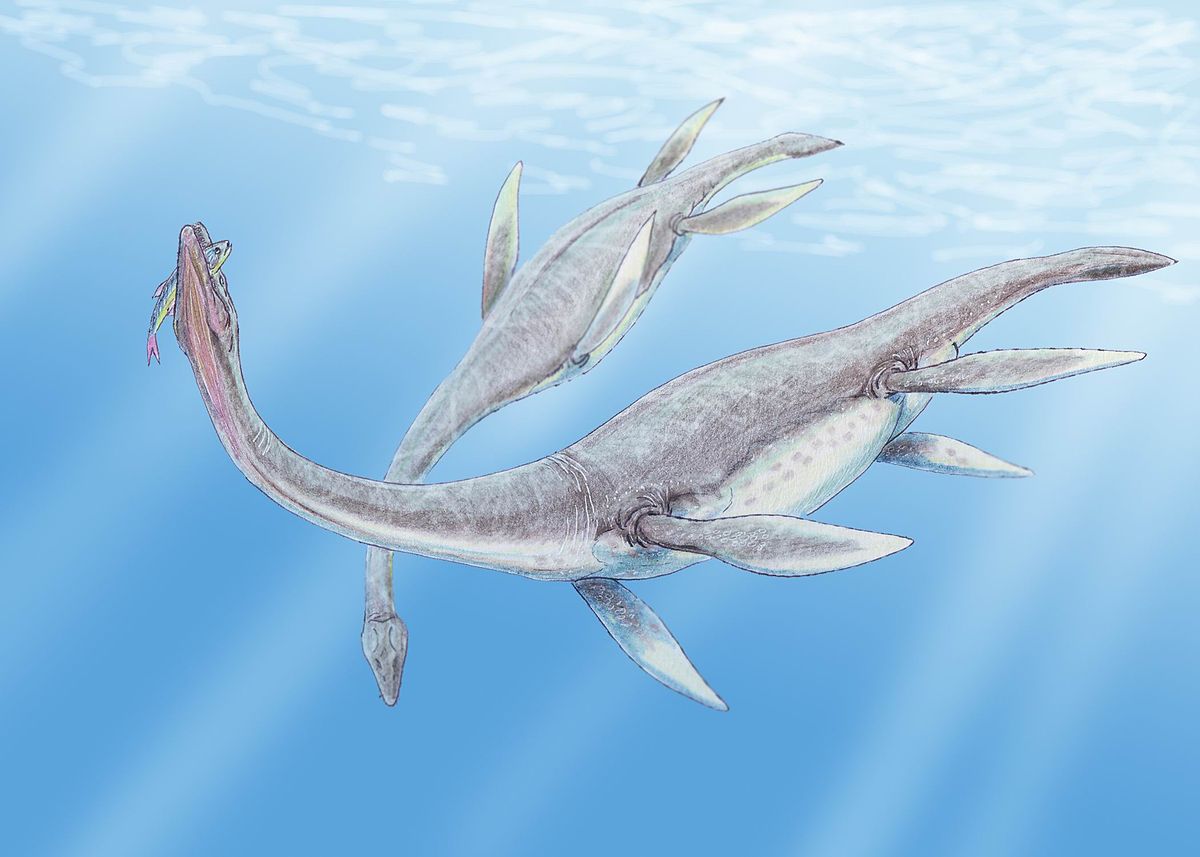
It is known that dinosaurs ruled the earth. But have you ever wondered- which animal ruled the sea? Plesiosaurs were marine reptiles that appeared nearly 220 million years ago. They became common during the Jurassic period and were among the first fossil reptiles discovered.
They had a flat, broad body and a short tail. Their limbs were powered by strong muscles attached to wide bony plates formed by the pelvis. One of the interesting facts about this creature is they weren’t good swimmers. They have been able to swim but weren’t much adapted to it. These dinosaurs had strong jaws and sharp teeth and fed on small fishes.
9. The Dinosaur With the Longest Name was Micropachycephalosaurus
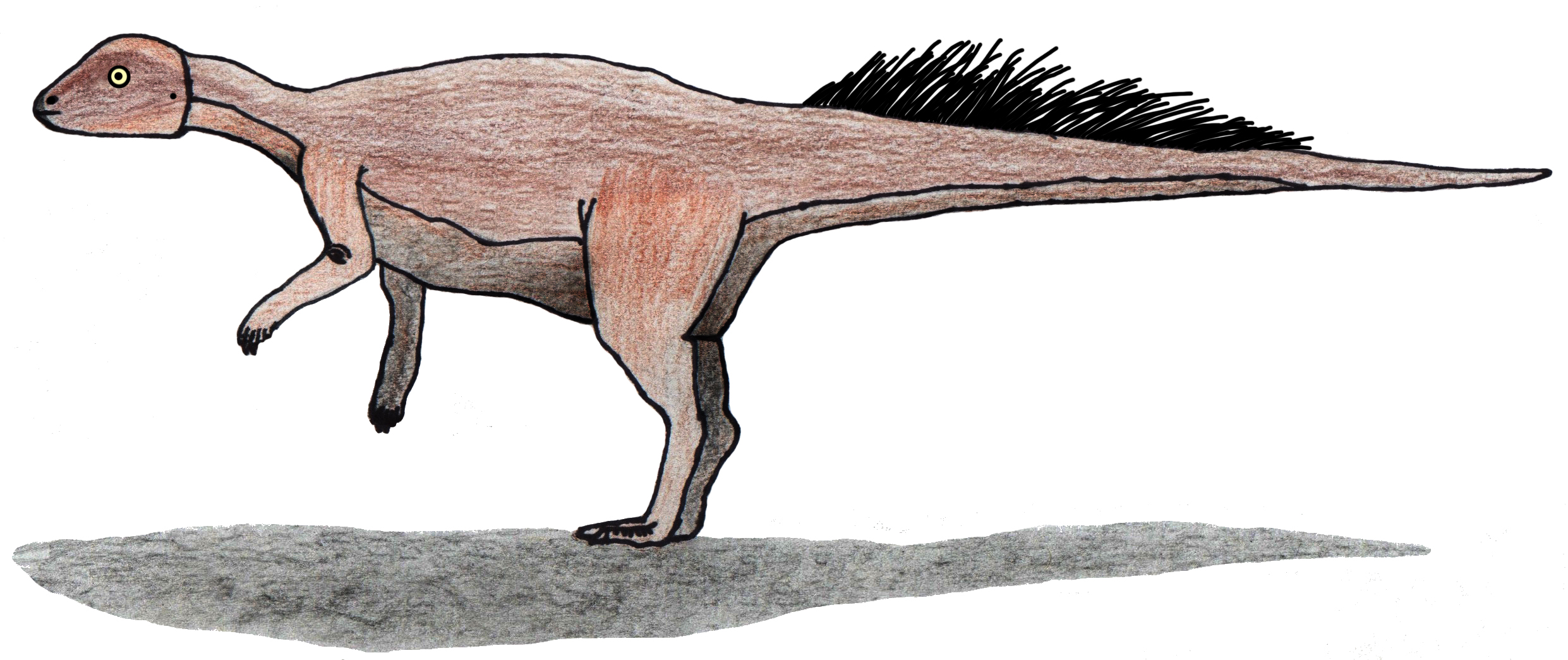
Micropachycephalosaurus lived in China during the late Cretaceous period. The skeleton of this creature was found on the cliff southwest of Laiyang, Shandong, Province. It was a herbivore and was reproduced by laying eggs.
It was a genus of ornithischian dinosaur from the Upper Cretaceous. It had the longest name, but it was the smallest dinosaur ever discovered.
10. Pachycephalosaurus - An Exceptional Breed of Dinosaur
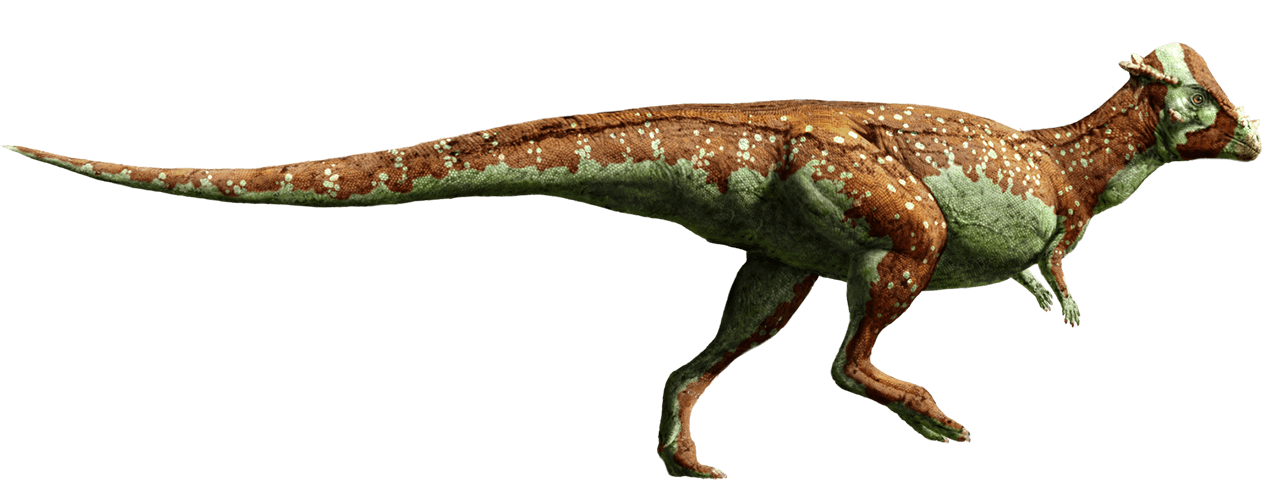
Pachycephalosaurus, which translates into a thick-headed lizard, is a genus of pachycephalosaurid dinosaurs. It was a herbivore with a thick skull roof and possessed a long hindlimb with small forelimbs. Its head only reached around two feet.
Scientists believed that these animals drastically changed shape with age. They belonged to the same dinosaur clade as Triceratops. Together with Pachycephalosaurus, they form a group called the marginocephalia.
11. The Longest Dinosaurs Discovered is Argentinosaurus
Another important fact about the dinosaur is of the largest known land animal of the time, Argentinosaurus - a genus of a giant dinosaur that lived during the late Cretaceous period. It is the largest known land animal. However, the exact size of this dinosaur is unknown due to the incompleteness of its remains. The estimated length of the Argentinosaurus was measured up to 35 m and weighed 50-100 tonnes.
12. The First Dinosaur to be Named was Megalosaurus in 1824
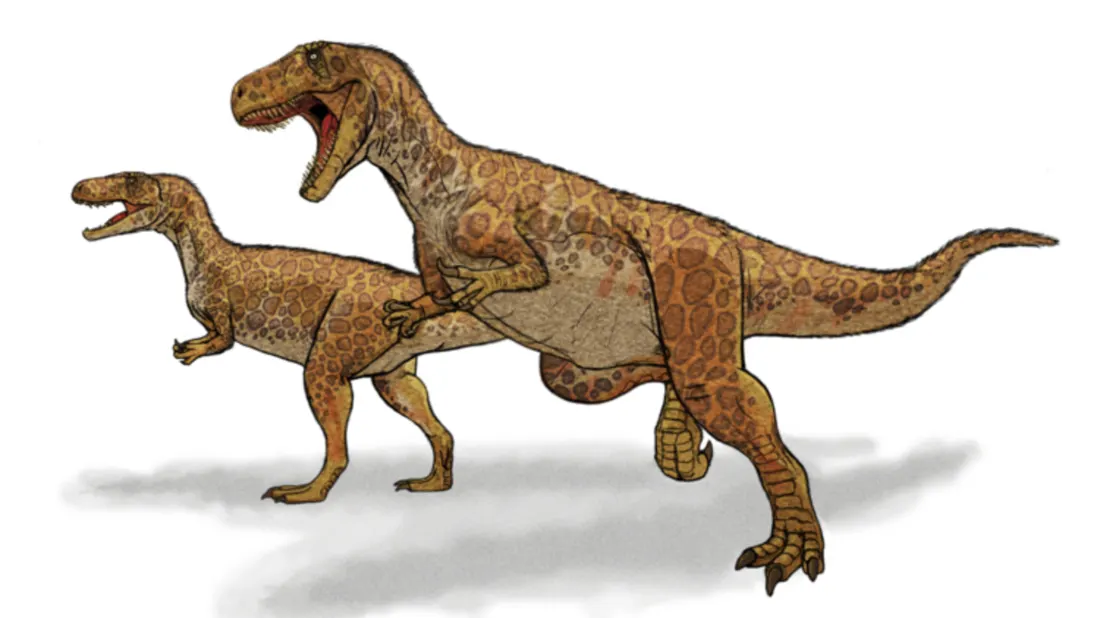
Megalosaurus is an extinct genus of large meat-eating theropod dinosaurs of the Middle Jurassic period. It was the first genus of non-avian dinosaur to be validly named.
The first naturalists who investigated this creature mistook it as a giant lizard of 66 ft in length. It had a build of a large theropod. The hindlimbs were strong with three forward-facing weight-bearing toes.
13. For Their Protection, Dinosaurs Ate Spikes and Horns
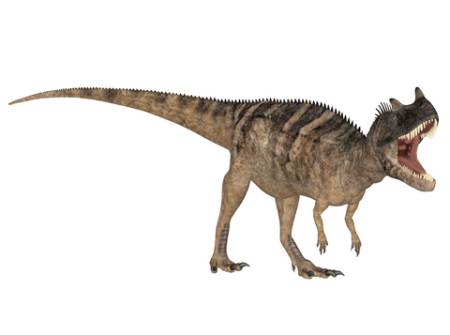
It is believed that most plant-eating dinosaurs eat natural weapons like spikes and horns to protect themselves. Several dinosaurs were known for the array of spines and sails adorning their bodies. Sometimes these long spikes on the neck and shoulders were the forms of protection.
14. The Actual Color of Dinosaur is Not Known
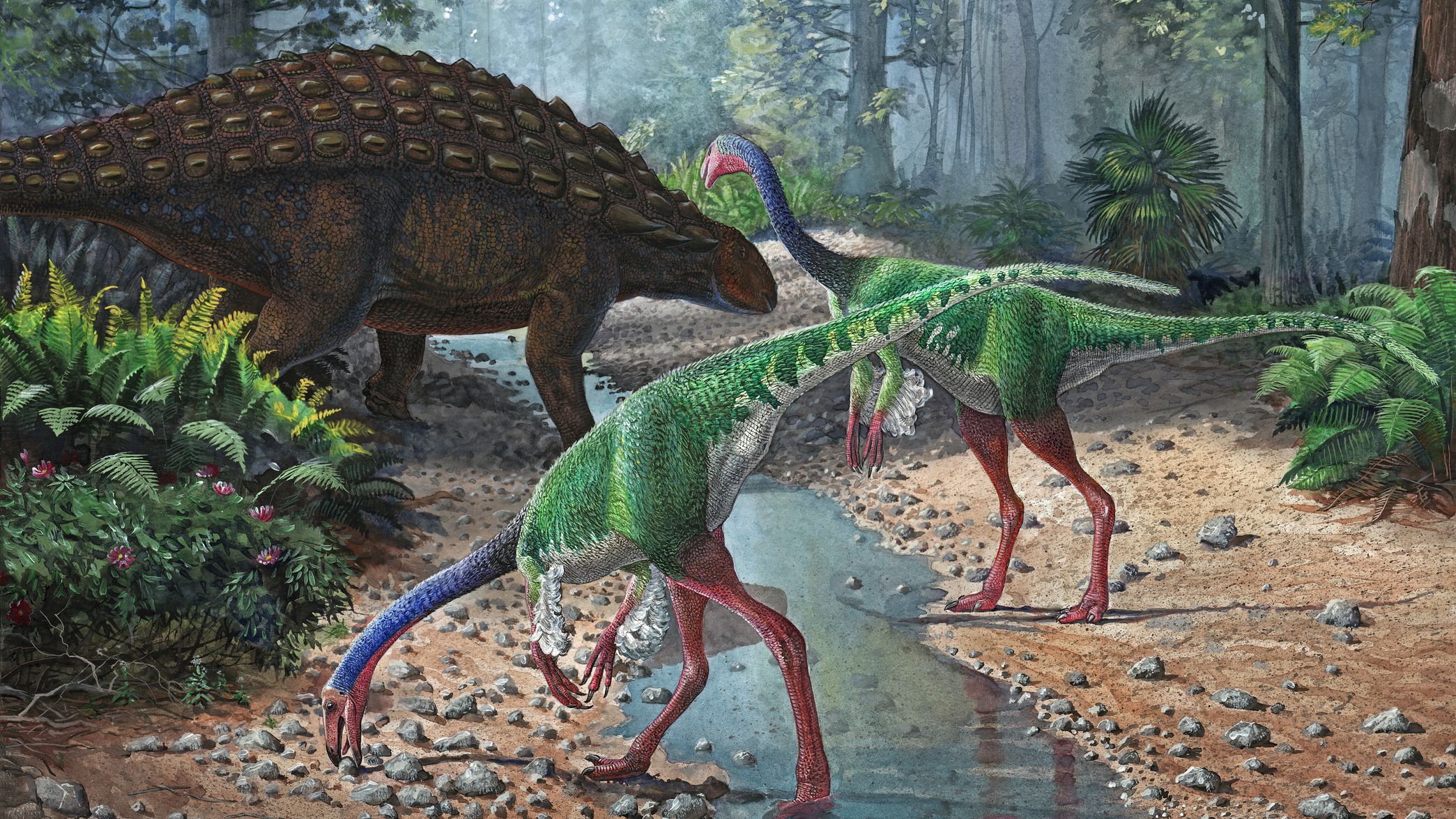
The dinosaurs you have seen or read in books and movies are the point of imagination. In 2008, scientists discovered melanosomes in the 100 million old feathers and proved that dinosaurs could survive fossilization. It is still not confirmed that melanosomes are present in non-feathered dinosaurs or not. Therefore, the actual color of the dinosaur is still unknown.
15. Paleontologists Use Fossil Evidence to Discover How Long Extinct Animals Lived
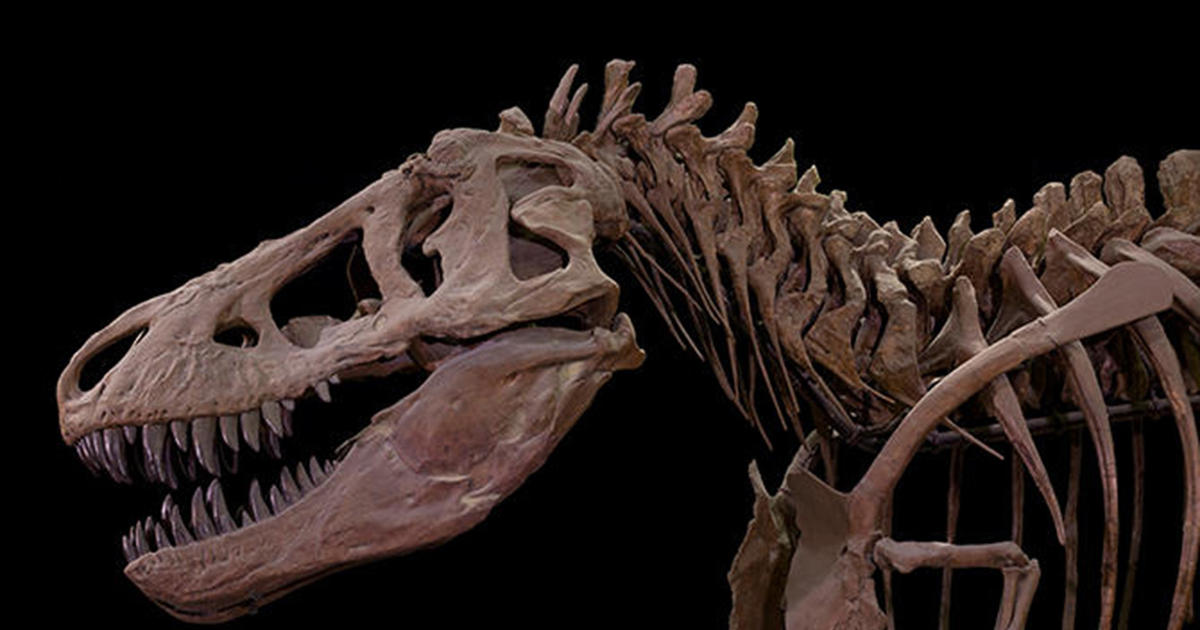
In the majority of cases, a fossilized bone is a rock made out of minerals. The discovery of eggs provided evidence for the behavior of a few dinosaurs. To find how the animals lived in the past: paleontologists look for clues preserved in rocks - the fossilized teeth, footprints, and dung of ancient organisms.
16. The Majority of Dinosaurs Were Plant Eaters
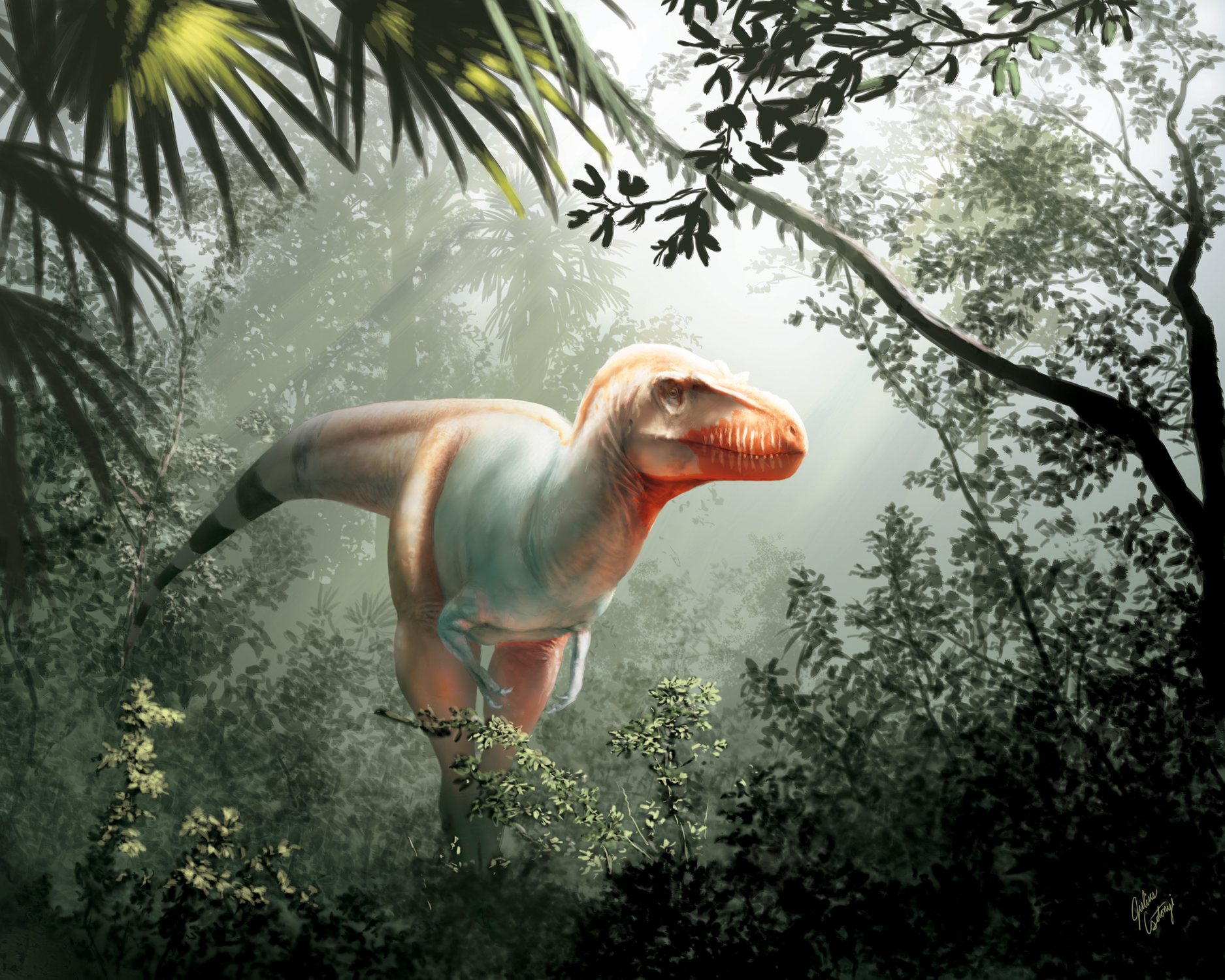
You might not believe this, but another interesting fact about dinosaurs is their eating habits. The majority of them were plant-eaters. The plant-eating dinosaurs had broad and flat teeth designed for eating vegetation.
17. Dinosaurs Evolved Into Birds
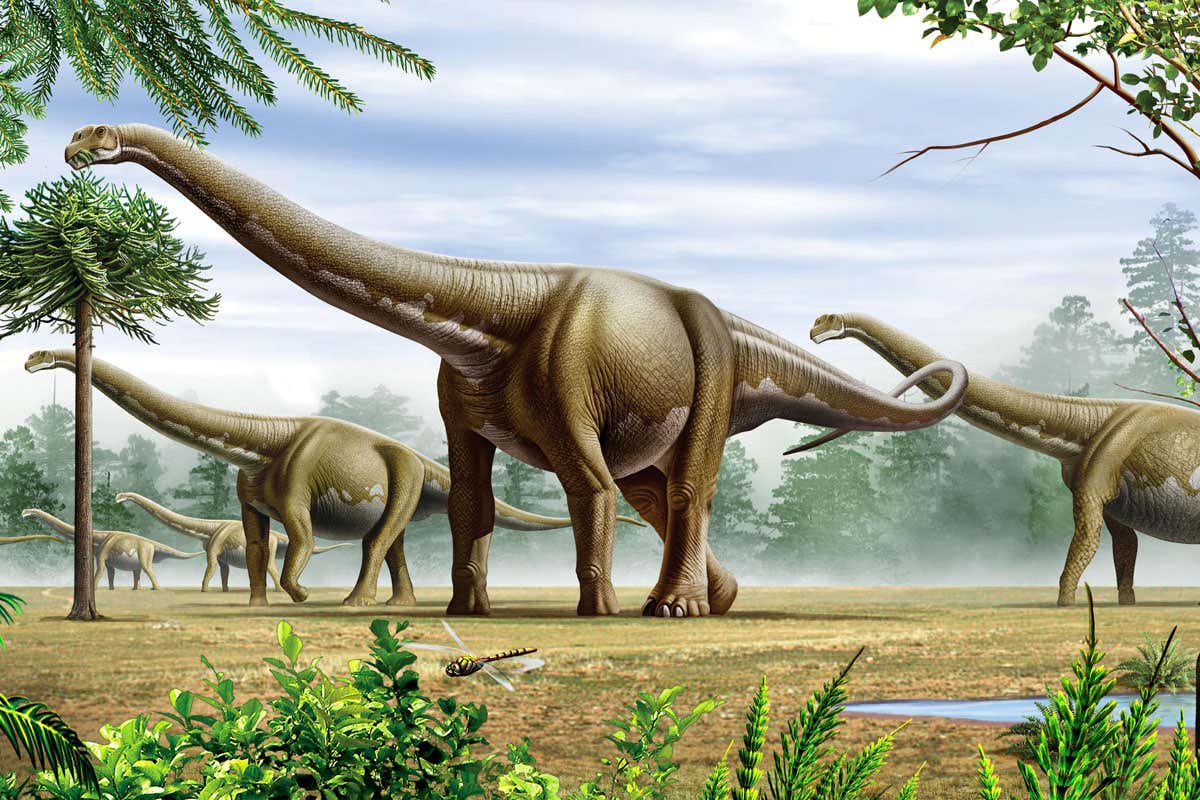
Not every researcher is convinced, as there are several theories based on this dinosaur fact. Some believe that modern birds have evolved from feathered, theropod dinosaurs during the Jurassic and Cretaceous periods.
Final Words
Dinosaurs possess unique characteristics and adaptations. They were interesting creatures, and several scientists spent their whole life knowing about them.
Do you know other facts about dinosaurs? If yes, then share them below!
Popular Posts
10 Biggest Water Dinosaurs & Sea Monsters Ever Found in Archaeology
The present-day ocean is certainly a scary place where giant sharks, whales, squids, barracuda, and numerous other marine creatures live.
Kimberly Campbell
6 Amazing Things We Should Learn From Camel Feet
Camels are a kind of mammals with the humped back, long legs, and lipped snout. They were domesticated nearly 3000 years ago are still used for transportation.
Kimberly Campbell
80 Most Popular Long Neck Dinosaurs Ever Recorded in History
Do you know the largest creatures ever walk on the earth were the long tailed and long neck dinosaurs which were called as Sauropods?
Kevin Green






